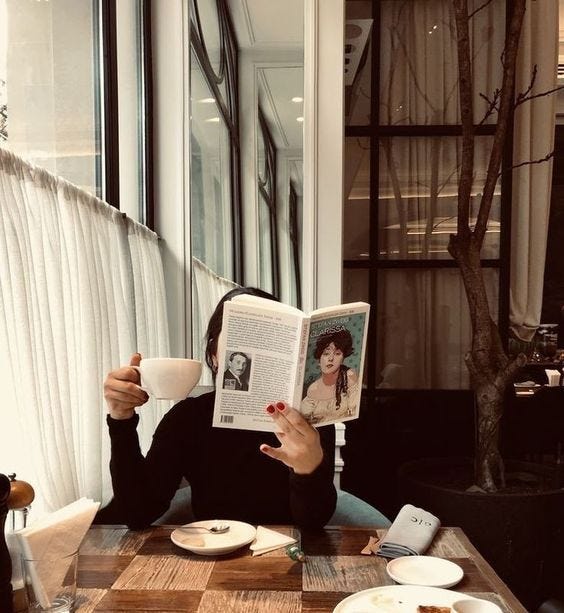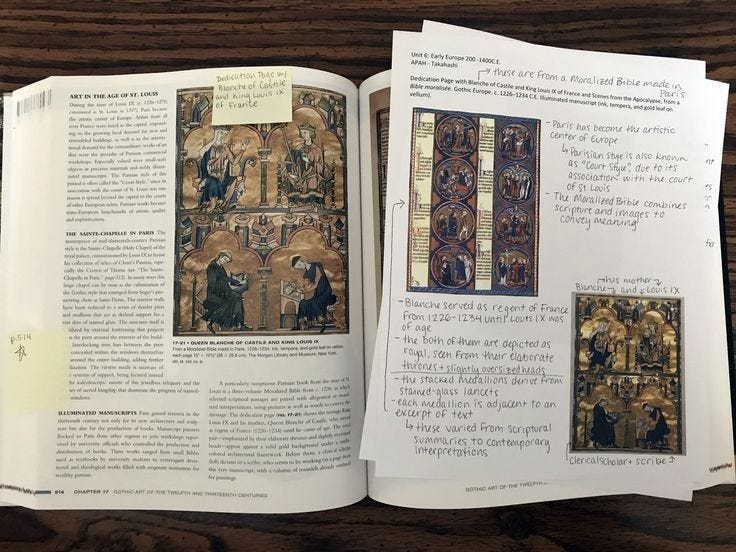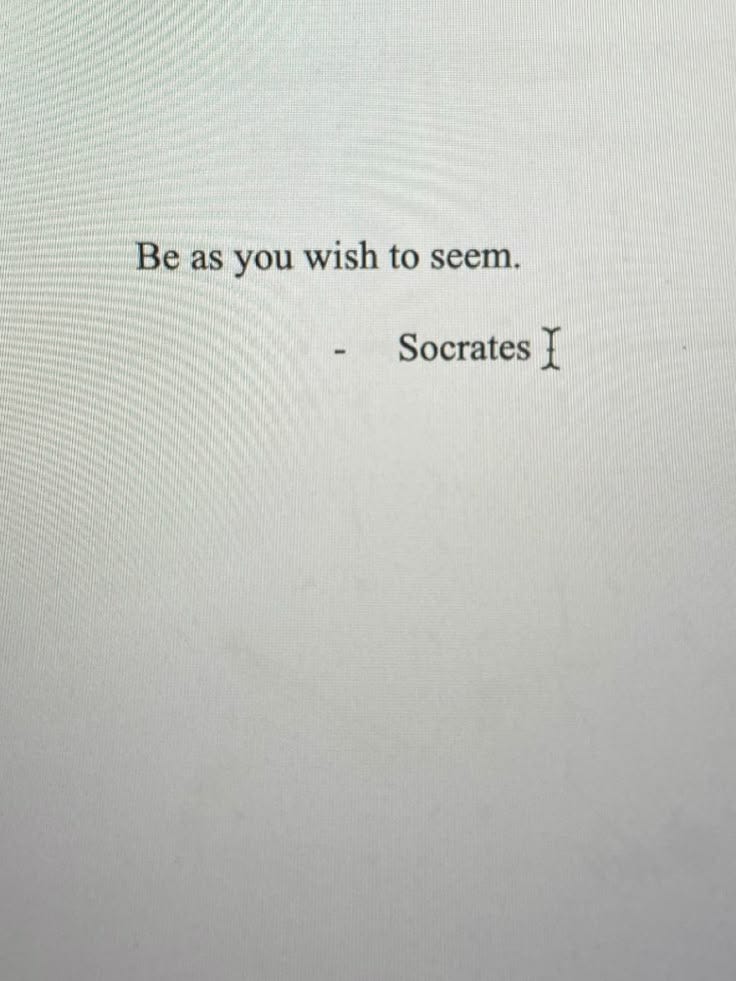i didn’t study philosophy in school. i came to it slowly, sideways — through broken conversations, over-highlighted books, therapy sessions that left me staring at the ceiling, and a vague but persistent feeling that i was missing something essential. i never wanted to sound smart or argue for fun. i just wanted language for the thoughts that sat quietly behind the thoughts. for the discomfort that didn’t go away when things were technically fine. for the questions that stayed even after the decisions had been made.
every few months i’d try to “get into philosophy” properly. i’d download a bunch of intimidating pdfs, scroll through book lists filled with thinkers i’d never heard of, and attempt to read plato before giving up three pages in. most of the time, i felt like i was arriving late to a very complicated party where everyone was already mid-conversation. even the beginner guides felt overwhelming — like i needed a minor in western thought just to get through the introductions. but eventually, something shifted. i stopped trying to study philosophy like a syllabus and started paying attention to the way it already lived inside the questions i was asking — quietly, clumsily, on my own. that was the real beginning.
if you’re curious about philosophy but find yourself stalled by the formality of it, this is your guide — a starting point for thoughtful people who are trying to think better without losing themselves in jargon, posturing, or endless abstraction.
1. let philosophy be a tool, not an identity
you don’t need to adopt a philosopher persona to begin thinking philosophically. you’re not obligated to quote dead men in coffee shops or memorize terminology to be “allowed” into the conversation. philosophy is a tool for thinking more clearly and living more consciously — not a performance. once you let go of the idea that you need to master it, you create space for it to actually help you.
start by using it where it already fits. you’re making value-based decisions every day — in your relationships, your work, your boundaries, your spending, your ambitions. when you pause to ask yourself what matters, or whether the life you’re building still feels like yours, you’re engaging with the most fundamental questions philosophy has always been interested in. you’re not behind — you’re already in it.
2. begin with your emotional landscape
most people start with the most “important” philosophers, but that’s often the quickest way to get overwhelmed. instead, choose a starting point that matches the shape of your life right now. the best philosophy isn’t necessarily the most famous — it’s the kind that meets you where you are.
• if you’re experiencing burnout, read stoicism or epicurean thought — both explore what it means to live simply and stay emotionally steady in chaos.
• if you’re in an identity shift, start with existentialism, which invites you to consider freedom, choice, and the responsibility of shaping your life.
• if you’re wrestling with moral discomfort or culture fatigue, explore ethics, taoism, or confucianism — these help unpack harmony, virtue, and what it means to be decent in a dissonant world.
• if you’re seeking quiet or feel oversaturated by urgency, zen buddhism, hindu philosophy, or slow living–inspired texts might offer the stillness you’re looking for.
read what resonates emotionally. you’ll retain more, and what you retain will stick because it’s tied to your lived experience — not just theory.
3. find thinkers who write for real life, not the ivory tower
you don’t have to dive into primary texts right away. some of the most valuable philosophical insights come from writers who interpret big ideas through real, tangible experience. they’re translators of complexity — and they make a wonderful entry point.
start with people like:
• Alain de Botton, who writes gently about love, anxiety, ambition, and disappointment
• James Baldwin, whose moral clarity, cultural intelligence, and existential questioning go far deeper than most so-called philosophers
• Simone Weil, whose ideas about attention, suffering, and beauty are as poetic as they are profound
• Jenny Odell, especially How to Do Nothing, for philosophy wrapped in ecology, attention, and anti-urgency
• Audre Lorde, whose essays live at the intersection of ethics, identity, and the politics of care
none of these writers are trying to impress you. they’re thinking in public. that’s the model you want to follow — not high theory, but conscious inquiry.
4. read slowly, underline freely, and revisit often
philosophy doesn’t reward speed. and it’s not built for passive consumption. read a few paragraphs, then stop. reread the same sentence. sit with it. write a line in the margin. draw a connection to something personal. you don’t need to finish books — you need to understand ideas. and understanding takes repetition. it also takes context. the same passage will hit differently when you return to it six months later. trust that. the goal isn’t to consume more — it’s to comprehend more deeply.
5. keep a living document of questions
every philosopher begins with a question. what do you value? what are you avoiding? what are you trying to prove by overachieving? what does freedom look like to you, and are you actually choosing it? the answers don’t need to be immediate. but the act of writing them down — without trying to resolve them — turns your life into a philosophical practice. try collecting the questions you’re currently living with. don’t try to clean them up. the mess is the material. over time, you’ll find patterns. you’ll revisit the same themes. you’ll notice which questions evolve and which ones stay. and slowly, you’ll start to recognize your own philosophical voice — not someone else’s.
6. integrate before you escalate
the best way to grow into philosophy is to apply one small idea well before chasing the next. learn what it means to act on your beliefs. take one concept — like the stoic idea of separating what you can and can’t control — and see how it works in your daily life. not in theory, but in conflict. in stress. in choice. build your thinking in layers. depth doesn’t come from exposure. it comes from practice.
at its best, philosophy won’t make you more certain — it will make you more thoughtful. it teaches you to pause. to challenge your assumptions. to see your reactions as invitations. to hold complexity without panic. and over time, that practice builds a kind of moral and emotional durability that few other things can offer. you don’t need to become a philosopher. but you can become someone who thinks with more clarity, lives with more alignment, and responds to the world with less confusion and more conviction. and in a culture obsessed with noise, that kind of inner steadiness is quietly revolutionary.
philosophy book list for people who are curious, not pretentious
1. the consolations of philosophy by alain de botton
a warm, approachable introduction to ancient ideas — framed around modern struggles like heartbreak, frustration, and insecurity. thoughtful, funny, and very readable.
2. how to do nothing by jenny odell
part slow living manifesto, part philosophical essay on attention, value, and resistance to urgency. perfect if you’re overwhelmed by modern life and want permission to disengage — with depth.
3. the art of living by epictetus (sharon lebell edition)
a gentle introduction to stoicism in small, poetic fragments. practical wisdom for calming your nervous system and strengthening your character, one idea at a time.
4. the book of life by the school of life
philosophy meets psychology meets emotional clarity. this is a curated guide to modern living — with essays on relationships, self-worth, work, culture, and growing up emotionally.
5. ethics in the real world by peter singer
short, sharp essays on moral choices — like giving, justice, wealth, and animal rights — without sounding preachy or abstract. makes you think without telling you what to think.
6. the prophet by kahlil gibran
poetic and soul-soothing. not traditionally academic, but deeply philosophical. gibran writes about love, sorrow, freedom, and becoming — like a friend who knows your quietest thoughts.
7. sickness unto death by søren kierkegaard (choose an abridged or guided edition)
if you’re drawn to existentialism and the question of selfhood, start here. choose a version with commentary — the ideas are profound, but the language needs softening.
8. meditations by marcus aurelius (gregory hays translation)
a roman emperor’s journal, full of honest reflections on power, purpose, and mortality. best read slowly, like a grounding ritual. timeless and surprisingly tender.
9. we’re all philosophers by megan sullivan
a soft and beginner-friendly introduction to big questions — like time, death, freedom, and meaning. based on her harvard course, but written like she’s talking to you over coffee.
10. the fire next time by james baldwin
baldwin’s essays are philosophy through personal truth — raw, exacting, and full of moral clarity. a must-read for anyone who wants to understand identity, justice, and conscience more deeply.








It’s a little eerie how relevant this is to where I am at present. Knowing just enough to understand how little I know is a little overwhelming. I’m unsure how to take the next steps in my journey.
Your advice is in line with the recommendations I’ve sought from friends (for the most part) and how I personally have felt I should approach learning more. Slow accumulation. Persistence and thoughtfulness.
What I find particularly helpful though is providing options for where to start depending on where you’re at in life. Philosophy that connects to our current questions or needs is all the more powerful and pertinent.
I think I’ll start there.
Was waiting for this ever since part one. So good